PodDARE offers a "space to talk" that is free, multilingual and open to anyone who wants to express themselves and share ideas between cultures.
In a world often marked with conflict and cruelty, stories of light and hope remind us of the strength of altruism and human solidarity.
At the beginning of 2022, the outbreak of war destroyed the social fabric of Ukraine.
Olena Kulygina - a Ukrainian journalist, activist and volunteer - has become a source of inspiration. For months she has been organising humanitarian initiatives, supplying medicines and assistance to those in need, using social media as a sounding board.
How did your life change when the war broke out in Ukraine?
"On the 24th February 2022, my life changed radically. That day, my family found itself under occupation in the Kherson region, and remained isolated for seven months.
Before that, I was working at the university, in communication and marketing. I couldn't stay in safety in Lviv, working as if nothing was happening. So I decided to leave the university and moved to the regions of Ukraine on the front line.
In March 2022, I became a volunteer. At the beginning, I collected funds to donate medicines to people on low income and the elderly. Later, as the initiative spread, one of my friends and I began to collect funds for medicines for the military doctors treating injured soldiers and civilians at the front. I am still doing it now."
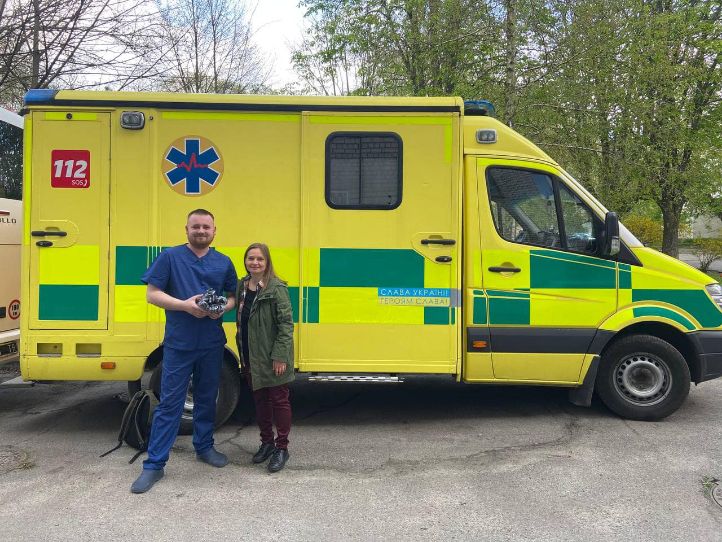
How did you come up with the idea to use social media to collect funds, and how did you manage to get so many people involved?
"Even before the war, I had a good network of people, and around 7000 followers on Facebook.
When Nova Kachovka, my hometown, was occupied, I received and reported information online from direct sources, from those who stayed there the whole time. This way, I became a public voice, reporting what was happening on social media.
For me it was a real miracle. Because, even though I believe in the power of social connections, I didn't expect so many people to listen to me. Many people, even those not directly connected to me, sent medicines and funds. I was surprised every time: nothing is impossible when we work together. Social media mobilisation has a driving, forceful power.
I found the first ambulance by writing a post on Facebook: How can I collect funds for an ambulance? You won't believe it, but in ten days - without spending a single euro - an ambulance arrived in Lviv from Germany, which we delivered to the doctors."
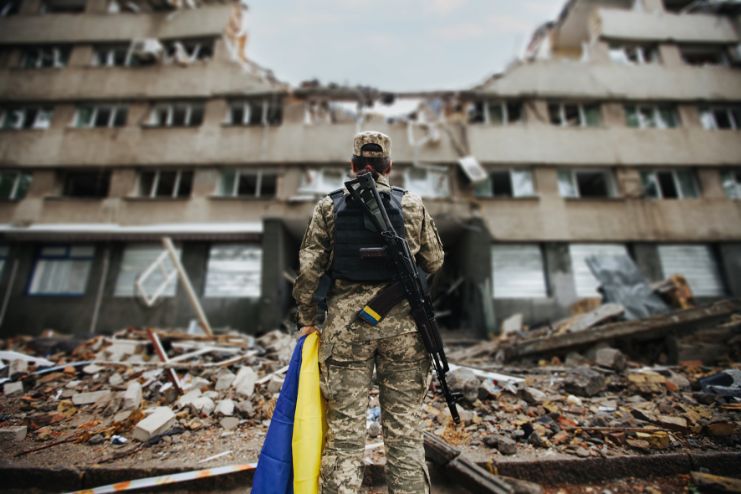
What have been the biggest challenges you have faced?
"For me it isn't difficult to help people, it's difficult to manage documents. I don't represent any foundation, which means I cannot receive aid from large international organisations. For me it is simpler to collect money as a volunteer and buy tools, medicines and other items that could be useful to the doctors."
What has been the reaction of the people you have helped? Have you had any particularly meaningful experiences?
"Helping in war zones is a very intense experience.
When the occupied Kherson region was liberated in autumn 2023, people reacted with euphoria. But the units on the southern front were facing an enormous challenge: a great many people seriously injured and complex operations.
Some people were evacuated along broken roads for many hours. They needed a substantial amount of medicine to save a lot of lives. It was only then that we realised the price our troops were paying.
A request for help in a post led to us receiving around 5 thousand euros in 3 days, allowing us to deliver a new batch of medicines."
Have other countries shown solidarity towards Ukraine?
"We receive support from Poland, Germany, Italy, Spain, the UK and the USA. For many medicines, it is more convenient to buy them in other countries. So, through friends who are doctors, I receive a lot of medicines from Italy, first aid kits from the United States, and several times school kids from Germany have collected chocolate bars, cakes, thermal underwear and some drawings to raise the morale of our soldiers.
This is a truly great support - not just material, but also emotional. We are very grateful to all the people from all over the world who don't remain indifferent to our tragedy, and support us in our fight for survival."
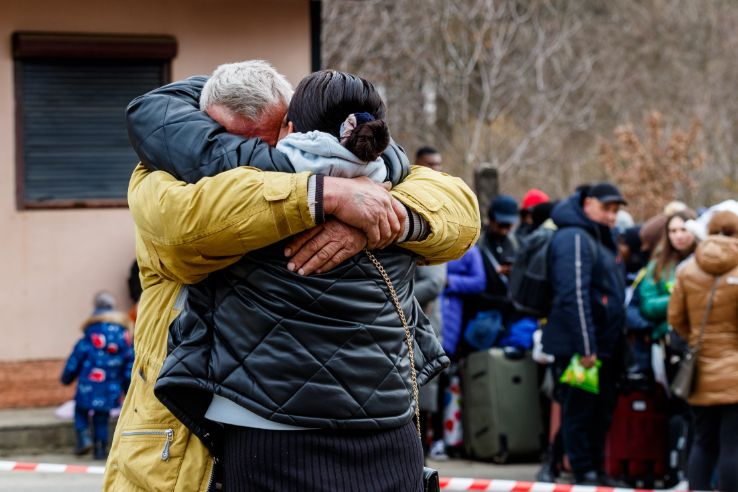
How important is solidarity in your life, and why is the concept of solidarity so crucial?
"Solidarity, support and faith from many people all over the world is extremely important. It helps us not to give up, and to believe we are not alone. Not just kind words and prayers, but everyday practical help gives us strength and faith. This war is the greatest tragedy in modern Europe, and it is only together, united in solidarity, that we can survive.
Many Ukrainian women and children have found protection in Europe, and this is saving many lives. Those of us who have stayed to work in Ukraine would certainly not be able to protect our lives and our country if the world was indifferent.
Every time people I don't know write to me that they want to help and support us, it reminds me that it is not all in vain. So I continue to do this every day, with gratitude towards all those who are in solidarity with Ukraine today."
Thanks to the power of social media, Olena's voice has transcended borders and barriers, inspiring others to follow her example and act for the common good.
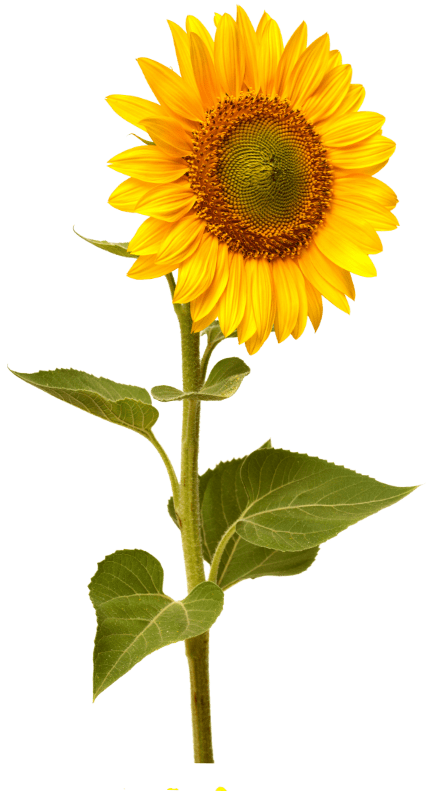
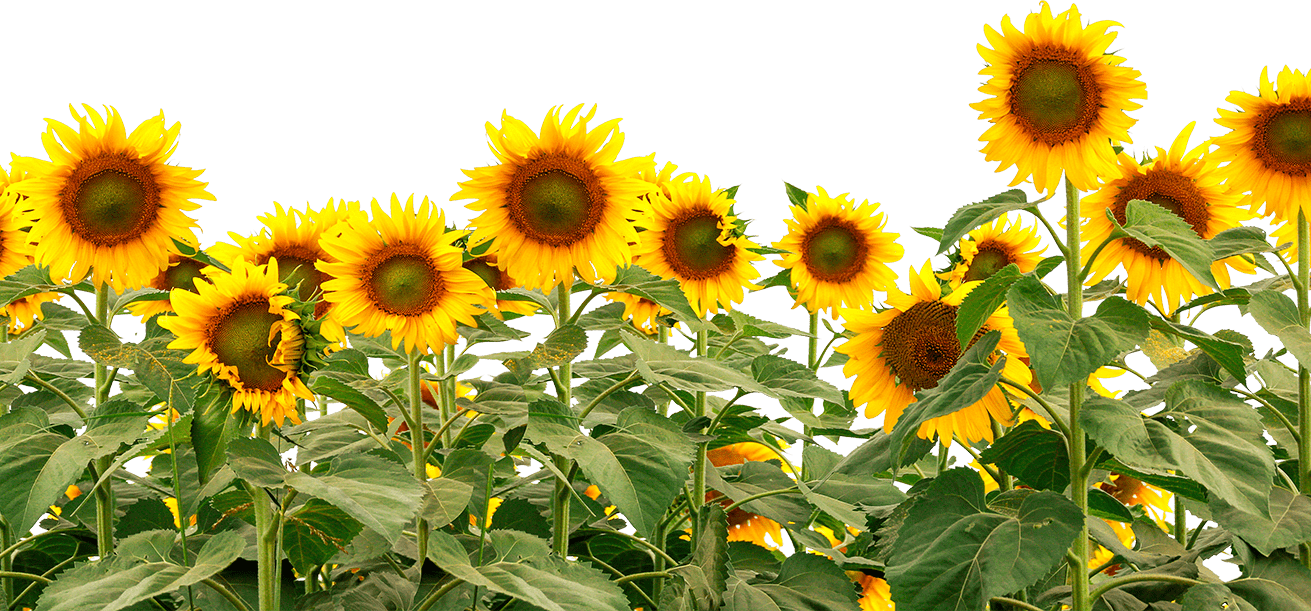
Images Credits:
PodDARE offers a "space to talk" that is free, multilingual and open to anyone who wants to express themselves and share ideas between cultures.
Goal: everyone's quality of life. A modern economic system, based on solidarity and sustainability, is already a reality among people and enterprises in Italy and abroad.
